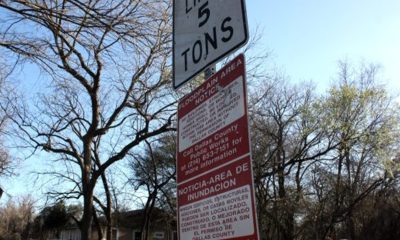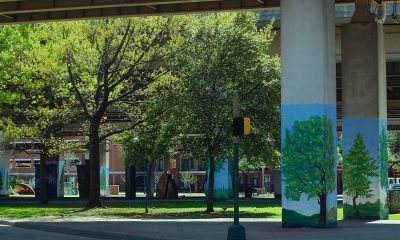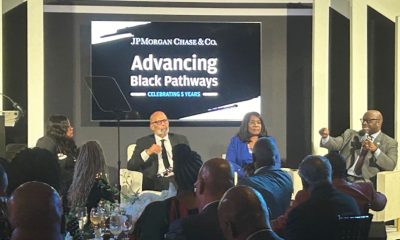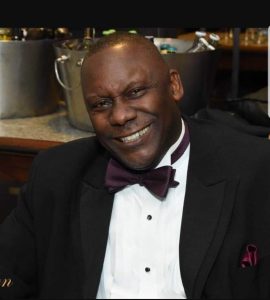Financial Management
10th Annual Community Wealth Building Day Helps Jacksonville Residents Find Dream Home
JACKSONVILLE FREE PRESS — In honor of Fair Housing Month, the (JAREB) hosted a free event aimed at empowering individuals and families through home ownership. Community Wealth Day was held at Edward Waters College. The day featured an interactive marketplace with educational and employment opportunities in home buying. Attendees received giveaways, hands-on learning about purchasing a home, including guidance in understanding credit, credit counseling, and credit repair.
By Carla Jones
In honor of Fair Housing Month, the (JAREB) hosted a free event aimed at empowering individuals and families through home ownership.
Bay Area
Oakland Organizations Champion Financial Literacy Empowering Residents with Vital Resources
Rising numbers of unbanked or underbanked individuals, largely due to unmet minimum balance requirements, have become a growing concern. However, organizations across Oakland are stepping up, waging a war against the financial illiteracy that’s plaguing some residents. Up to 4% of Alameda County’s residents lack access to basic banking services, with Black and Hispanic communities making up the majority of that unbanked or underbanked population.
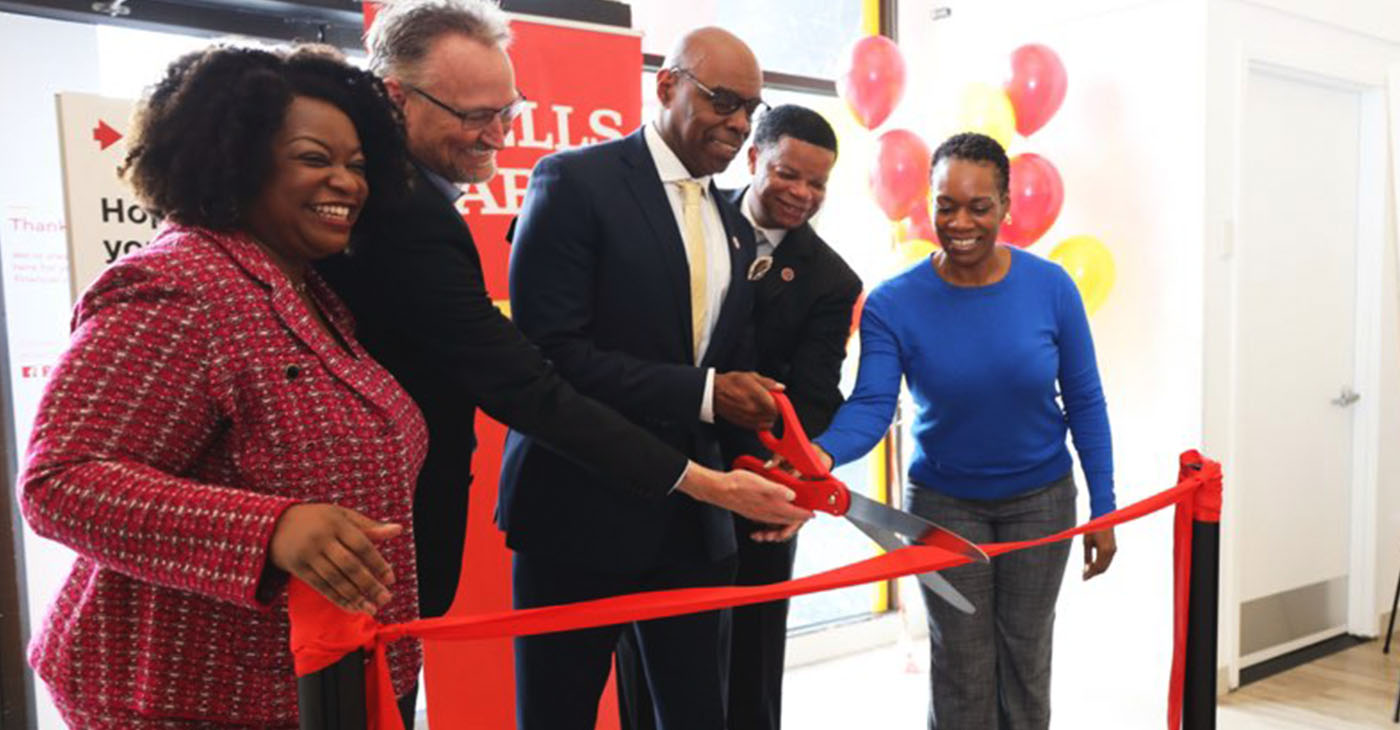
By Magaly Muñoz
Rising numbers of unbanked or underbanked individuals, largely due to unmet minimum balance requirements, have become a growing concern. However, organizations across Oakland are stepping up, waging a war against the financial illiteracy that’s plaguing some residents.
Up to 4% of Alameda County’s residents lack access to basic banking services, with Black and Hispanic communities making up the majority of that unbanked or underbanked population. The term ‘unbanked’ describes people without a checking or savings account, while ‘underbanked’ describes people who have checking or savings accounts but often rely on alternative financial solutions like money orders and payday loans rather than conventional loans and credit cards.
Recently, the downtown Oakland Wells Fargo branch redesigned their bank to include a Hope Inside center in partnership with Operation HOPE, an organization centered around expanding economic opportunities for underserved communities.
The center features free access to financial coaches who work with individuals to gain financial assistance and guidance, such as helping improve credit scores.
Dr. Joaquin Wallace is one of the financial coaches at the Oakland branch who meets one-on-one with clients to provide credit money management solutions and develop strategic plans to assist them with reaching their financial goals.
He’s created a seven-step blueprint for attaining generational wealth. This includes acknowledging that your background and culture have significant influence on how you view finances, focusing on reprogramming financial trauma and gaining financial edification through literacy programs.
He shared that it can be difficult for some to accept their financial struggles because their environment might not allow for these immediate understandings because for many, money is not openly discussed in their communities.
“Money is a topic that is not communicated about — it’s taboo. And so first, you have to at least feel comfortable enough to have this conversation,” Wallace said.
Despite the initial roadblocks, the branch is seeing success with the program. Fifty-seven percent of the clients at the Hope Inside center have increased their credit score by an average of 19 points; 47% of the clients increased their savings by a median of $141; and 50% of clients have successfully reduced their debt by a median of $364.
Sonya Verdine, an Oakland resident of four years, is one of the success stories that Oakland Wells Fargo has helped since their soft launch in 2022.
Verdine’s life has been a rollercoaster of challenges including homelessness, mental health struggles and health scares that ultimately pushed her to improve her life, starting with attempting to correct the financial choices she’d made up to that point.
She was introduced to Wallace’s seven-step generational wealth method which provided her with a roadmap to get her on the right track to financial stability. Since visiting the Hope Inside center, Verdine has seen her credit score go up 200 points and she’s saving almost 10% of her income every month with a goal to someday buy her own home.
“You can take this program, you can start from literally nothing, and the program can help you build because they offer a variety of other services,” Verdine said. “It will be time well spent to participate in this program.”
Another organization that has long taken the reins to combat financial illiteracy and break the cycle of poverty is United Way Bay Area (UWBA), a program that assists families in the region to find financial stability.
Nicole Harden, Vice President of Economic Success at UWBA, says that their Sparkpoint program, which features centers scattered across the Bay Area that help low to middle income families establish financial goals, has grown tremendously since its inception in 2009. Anyone can come into one of their 23 centers to consult with a financial coach to receive guidance on how to increase their income, boost their credit, augment their savings, or reduce their debt.
She shared that it’s important for people to not feel embarrassed when talking about their financial struggles. Organizations like UWBA exist to help provide resources that they know are often inaccessible to underserved communities.
Harden explained that their centers not only cater to low-income families but see a significant number of women of color seeking assistance. As a result, they’ve taken the steps to ensure their programs are culturally competent to make conversations easier and more comfortable.
“We operate from the assumption that folks are creative, resourceful and whole. People have been making it all along, people aren’t broken. There’s systems that are broken, but this is an opportunity to work within the systems and help folks figure out how to navigate that,” she said.
Activism
‘Closing the Racial Equity Gap: A Call to Action’
The report, “Closing the Racial Equity Gap: A Call to Action,” is a result of a series of Homeownership Solutions Summits held in Arizona, California, and Nevada in 2022 and 2023. More than 150 housing advocates, member institutions, and other stakeholders gathered to develop evidence-based ways to boost access to mortgage financing and sustainable homeownership for people of color.
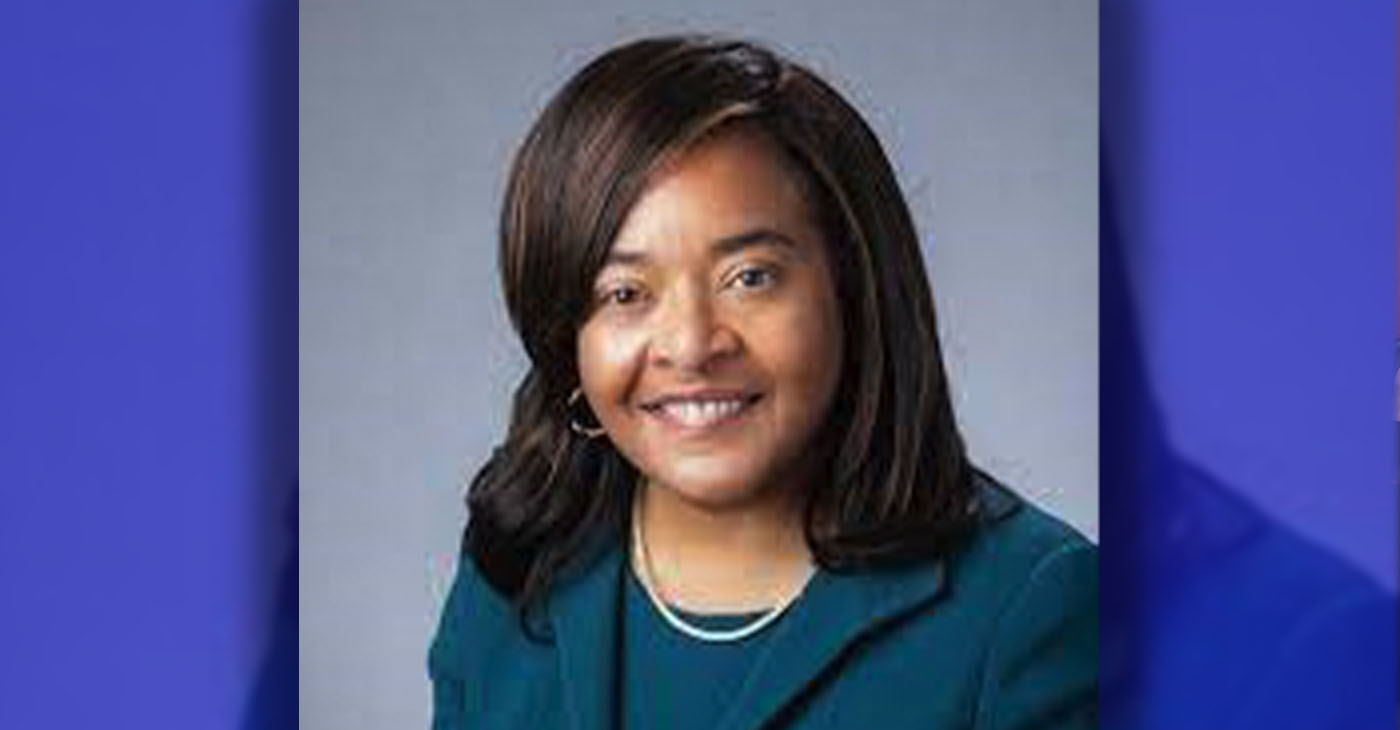
Federal Home Loan Bank of San Francisco Recommends Ways to Close Racial Homeownership and Wealth Gaps in US
By Mary Long, Special to The Post
The Federal Home Loan Bank of San Francisco (FHLBank San Francisco) released a package of recommendations to close the racial wealth gap in the United States.
The report, “Closing the Racial Equity Gap: A Call to Action,” is a result of a series of Homeownership Solutions Summits held in Arizona, California, and Nevada in 2022 and 2023.
More than 150 housing advocates, member institutions, and other stakeholders gathered to develop evidence-based ways to boost access to mortgage financing and sustainable homeownership for people of color.
Among the recommendations:
- Expand mandatory financial education and begin teaching the basics in grade school.
- Broaden the reach of down-payment assistance programs to include buyers who earn more than 80% of area median income.
- Encourage the widespread adoption of novel or modern building practices that can bring down costs without sacrificing safety or comfort.
- Provide support to elected officials in favor of higher-density zoning and less-restrictive land-use ordinances.
- Modernize credit scoring to bring more creditworthy borrowers into the housing finance system.
According to the Urban Institute, in 1960, the gap between Black and white homeowners was less than 27 percentage points.
By 2019, it was nearly 30 points, the widest spread ever. Today, only 45.3% of Black households own a home, compared to 72.2% of whites and nearly 66% of the U.S. population.
The Federal Reserve acknowledges that the average Black family owned about 24 cents for every $1 of white family wealth as of the first quarter of 2023, while the average Hispanic family owned about 23 cents for every $1.
“The inequities entrenched in the homebuying process cannot be eradicated by a single entity or a single solution. To make meaningful change in the industry, we must bring all stakeholders together to consider the options and formulate approaches that make the most of the expertise at hand,” said FHLBank San Francisco CEO Teresa Bryce Bazemore.
“Our Homeownership Solutions Summits provided an opportunity for discussion and collaboration, and we now have pages of practical and sustainable action items that, together, can help people of color gain equal access to homeownership and wealth-building,” Bazemore said.
The Homeownership Solutions Summit series, the first of its kind among Federal Home Loan Banks, is a continuation of FHLBank San Francisco’s equity approach, which includes a two-year, $1.5 million partnership between the FHLBank of San Francisco and the Urban Institute.
Their Racial Equity Accelerator for Homeownership collaboration has produced groundbreaking research on the effectiveness of alternative underwriting methods, the impact of student debt on Black homeownership, the use of mortgage reserve products to help sustain homeownership, and coming soon, how best to harness the power of artificial intelligence for equity in mortgage financing.
Bay Area
IRS: You Now Have Until Nov. 16 to Pay Your 2022 Income Tax
Taxpayers in 55 California counties, excluding Lassen, Modoc and Shasta counties — who were impacted by winter natural disasters — are eligible for an extension to file and pay their 2022 federal income taxes until Nov. 16, 2023.

By California Black Media
The Internal Revenue Service (IRS) and California Franchise Tax Board (FTB) verified that Californians who had postponed filing their taxes until the Oct. 16, 2023 deadline now have until Nov. 16, 2023, to file and pay their 2022 taxes to avoid penalties.
In addition, taxpayers in 55 California counties, excluding Lassen, Modoc and Shasta counties — who were impacted by winter natural disasters — are eligible for an extension to file and pay their 2022 federal income taxes until Nov. 16, 2023.
Taxpayers impacted by a presidentially declared disaster may claim a deduction for the disaster loss.
More details and guidelines are available in FTB Publication 1034, titled “2022 Disaster Loss: How to Claim a State Tax Deduction.
Taxpayers can claim a disaster loss either on their 2023 return next spring, or on this year’s return against 2022 income. An amended return may be filed by those who have already filed this year. Claiming the loss on a 2022 return allows for a quicker refund.
-

 Activism4 weeks ago
Activism4 weeks agoOakland Post: Week of March 20 – 26, 2024
-

 #NNPA BlackPress3 weeks ago
#NNPA BlackPress3 weeks agoCOMMENTARY: D.C. Crime Bill Fails to Address Root Causes of Violence and Incarceration
-

 #NNPA BlackPress3 weeks ago
#NNPA BlackPress3 weeks agoMayor, City Council President React to May 31 Closing of Birmingham-Southern College
-

 #NNPA BlackPress3 weeks ago
#NNPA BlackPress3 weeks agoCOMMENTARY: Lady Day and The Lights!
-

 #NNPA BlackPress3 weeks ago
#NNPA BlackPress3 weeks agoFrom Raids to Revelations: The Dark Turn in Sean ‘Diddy’ Combs’ Saga
-

 #NNPA BlackPress3 weeks ago
#NNPA BlackPress3 weeks agoBaltimore Key Bridge Catastrophe: A City’s Heartbreak and a Nation’s Alarm
-

 #NNPA BlackPress3 weeks ago
#NNPA BlackPress3 weeks agoBaltimore’s Key Bridge Struck by Ship, Collapses into Water
-

 Activism3 weeks ago
Activism3 weeks agoOakland Post: Week of March 27 – April 2, 2024

